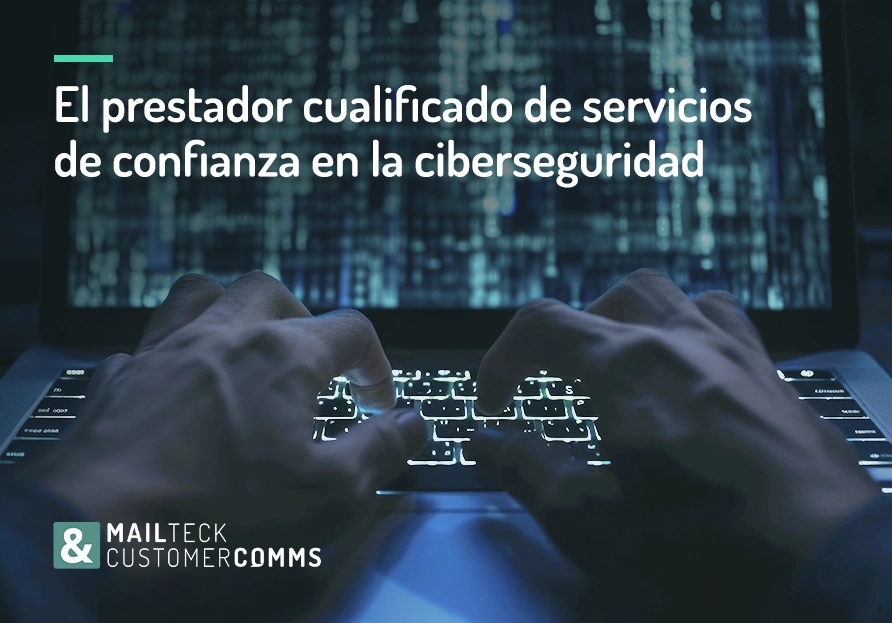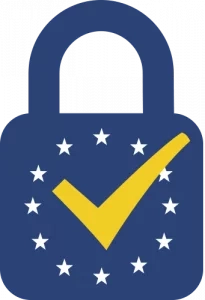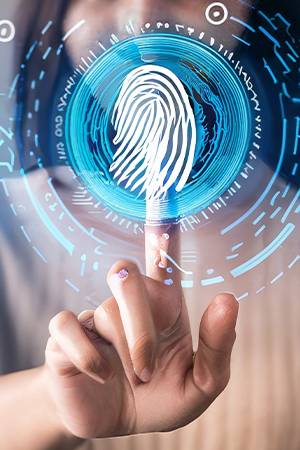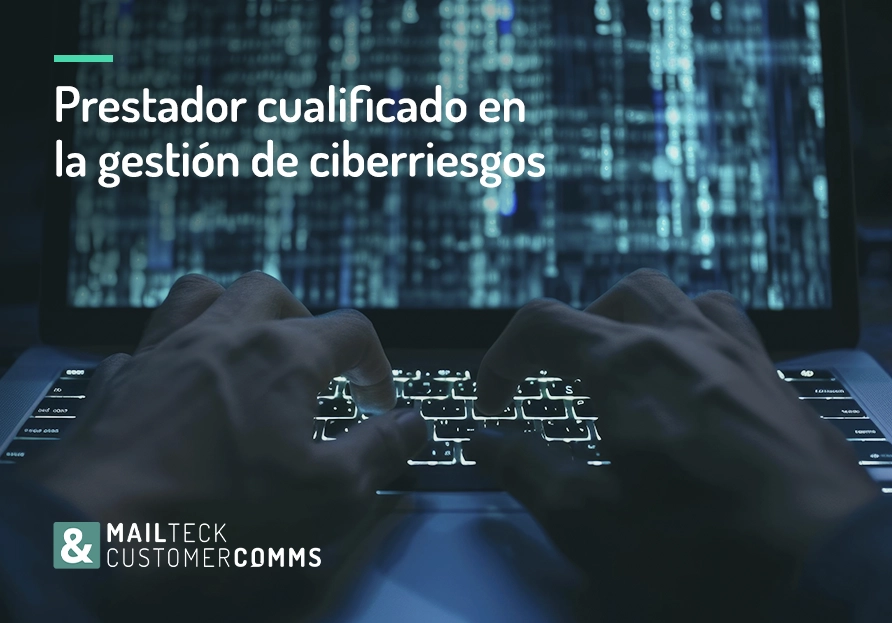
Each year, the
World Economic Forum
publishes its report on global risks to humanity. This analysis includes a ranking in which these risks are placed according to their estimated 2-year and 10-year impact. Disinformation, cyberattacks and malicious use of artificial intelligence (AI) are on the list of the 10 most “likely” risks for the people asked, in a two-year and a 10-year scenario. Much of the rest has to do with climate change.
Cyber risks
 Cybersecurity is a concern. Cybercriminals, increasingly relying on AI, are continuously learning. But digital technology is gaining ground and telematic and electronic activities are becoming increasingly common and, at times, the only options. In other words, risks exist, but they must be managed.
Cybersecurity is a concern. Cybercriminals, increasingly relying on AI, are continuously learning. But digital technology is gaining ground and telematic and electronic activities are becoming increasingly common and, at times, the only options. In other words, risks exist, but they must be managed.
At this point, the role of the qualified trusted electronic service provider, as defined in eIDAS2, is “crucial” .
Credentialing identities, zero trust and more
But in what does this essential position materialize? The range of action of qualified providers is very broad, but when it comes to managing cyber risks, some of the highlights are:

- To prove identities unequivocally and remotely.
- Provide confidence in environments where all actions are performed electronically.
- To be the basis for zero trust strategies with constant validations (in response to the question: is the person or company interacting who he/she claims to be?)
- Provide an attractive user experience for people or entities whose identities need to be validated on an ongoing basis. This is also trust and credibility.
- Ensure the plausibility of the attributes.
- Supporting processes with evidence in all situations, including, where appropriate, litigation in court. In fact, a qualified service provider can be assimilated, in terms of functions and legal authenticity, to a “digital notary”.
- Offer the qualified electronic signature service required to access and sign certain types of documents.
Responsibility, trust and agility
These three terms also go hand in hand with thinking about why work with a qualified trusted service provider.
Responsibility: A company’s responsibility for its cyber risk containment strategy goes beyond its own activity. In today’s interconnected world, it also affects the realities of its customers, users, suppliers and employees, and vice versa. It is 360º.
Trust: if this company decides to outsource its risk cycles, through a service provider, trust is the first issue it has to assess. When deciding on one provider or another, the reliability and security offered by a qualified provider that is constantly and strictly audited, reviewed and accredited, will be key to tipping the balance.
Agility: An added benefit to working with a qualified provider is agility. Regulations change frequently, technology evolves by the second, as do cybersecurity needs, and users demand changing experiences. The adaptability of a partner as a qualified supplier becomes a vital tool in maintaining or increasing the market presence of any company with a digital accent.
